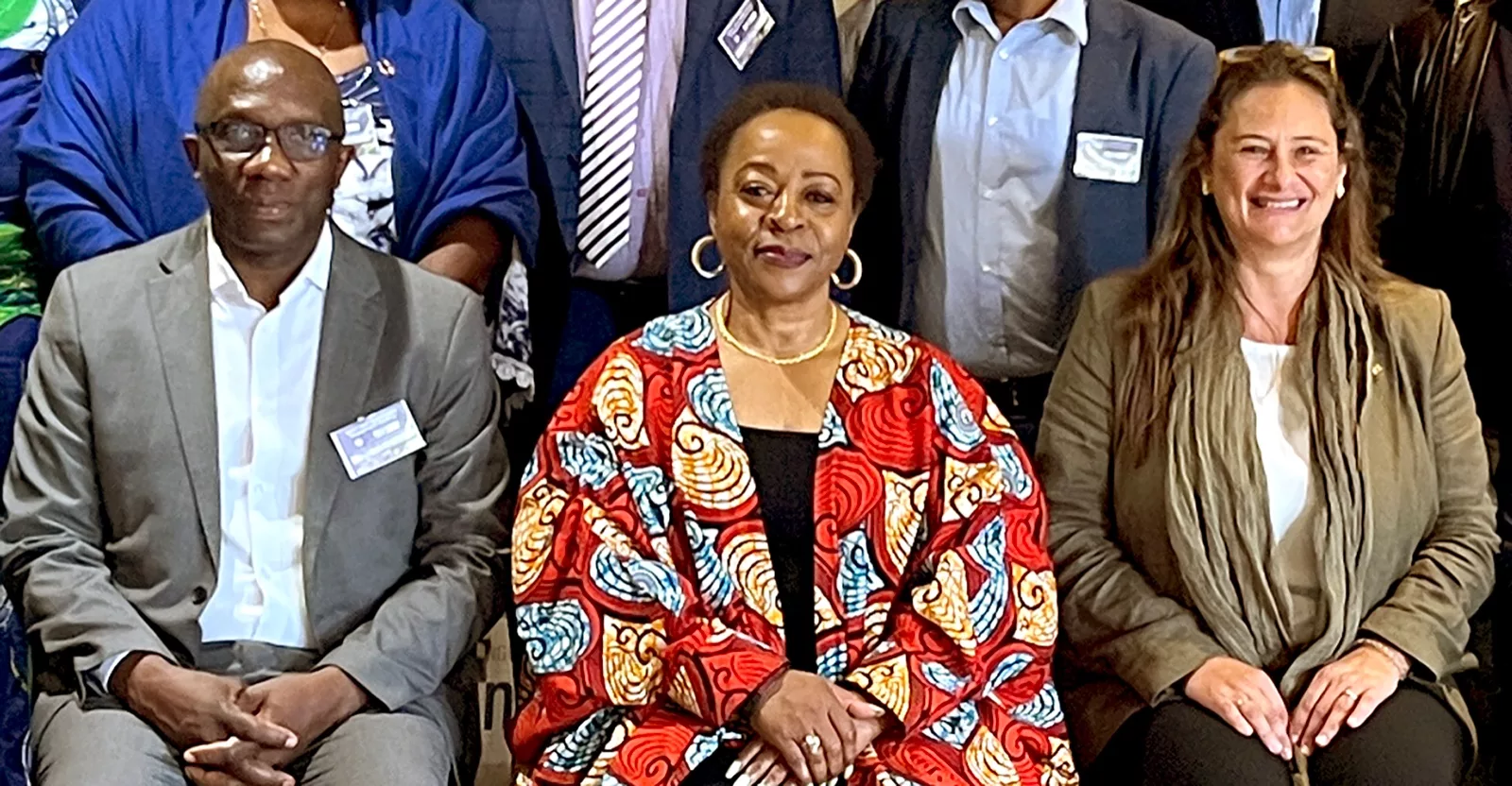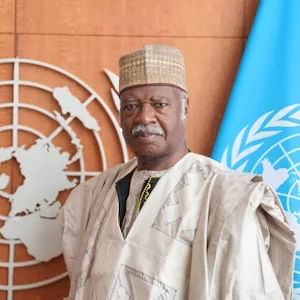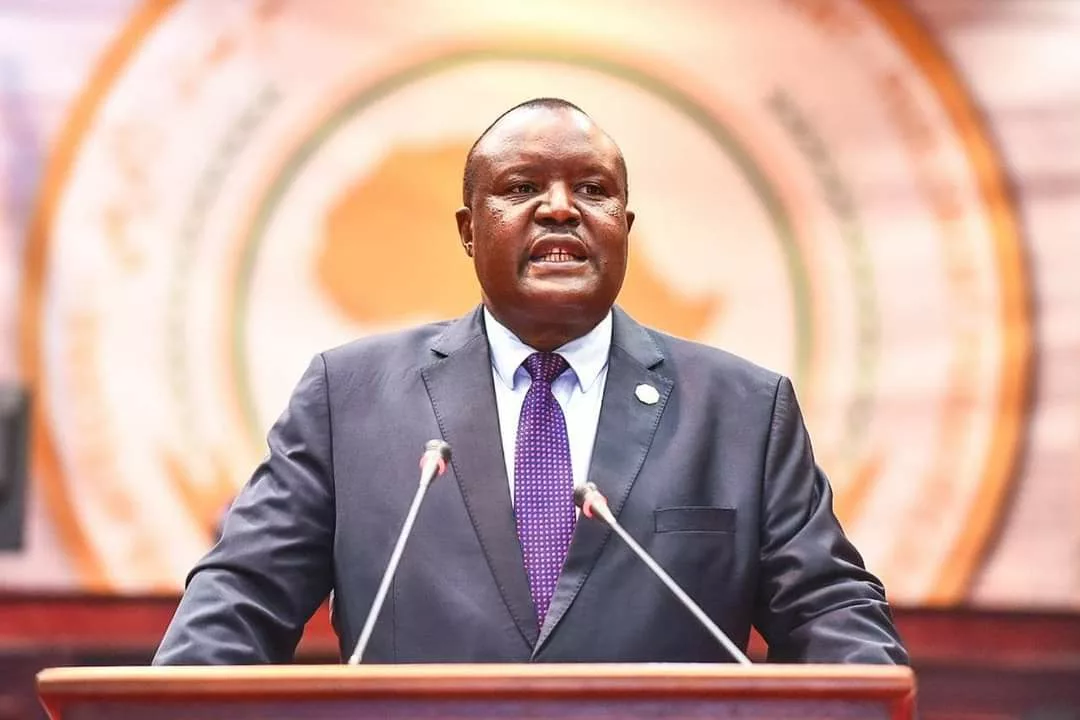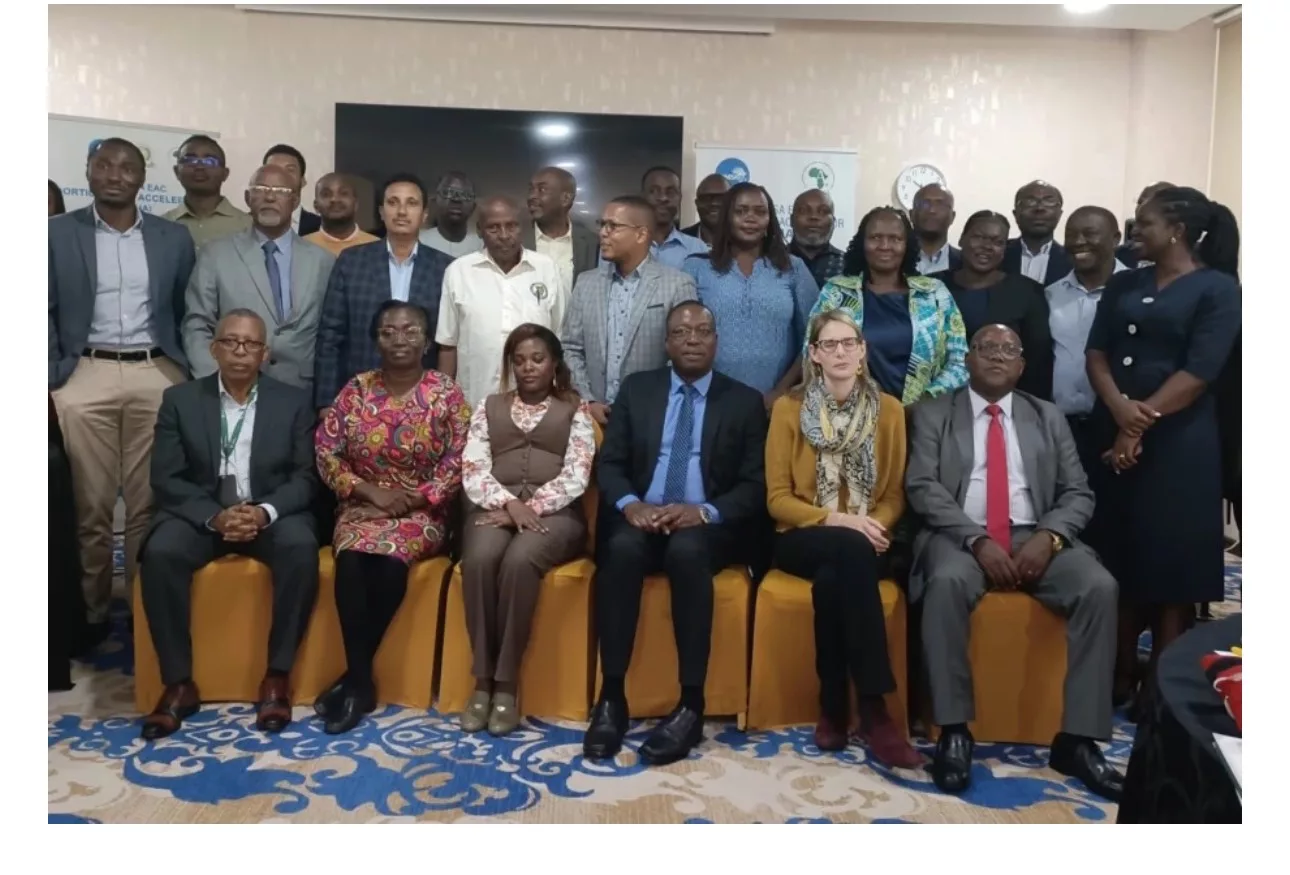|
Getting your Trinity Audio player ready...
|
The Southern African Development Community engagement meeting that kicked off in Harare today underscores the need for a renewed commitment to unity and collaboration as stakeholders explore effective strategies towards realizing “The SADC We Want.”
This was revealed by the president of the Southern African Council of Non-Governmental Organisations (SAf-CNGO), Mr. Simao Tila at the SADC Non-state Actors (NSAs) engagement meeting today in Harare.
“Today’s occasion signifies a major advancement in our efforts to enhance civil society’s interaction with SADC institutions and member states. It heralds the beginning of what we anticipate will be a productive journey in alignment with the objectives of the SADC Revised Regional Indicative Strategic Development Plan (RISDP) and other strategic documents that guide SADC’s vision for regional integration and development.
“Today’s engagement underscores the need for a renewed commitment to unity and collaboration as we explore effective strategies towards realizing “The SADC We Want,” he said.
In today’s meeting, participants are discussing the mechanisms of engagement approved by the SADC Council of Ministers in August 2022. Many of the steps identified in the roadmap, some of them completed, will lead to the creation of a SADC NSA Liaison Office and the establishment of an NSA forum to facilitate their engagement in support of SADC’s integration agenda.
For example, the Southern Africa Trade Unions Coordinating Council (SATUCC) has an important role and engagement in regional labour migration policies. SADC, EU and SATUCC are working together in the South Africa Migration Management project looking at the improvement of migration and labour policies.
Furthermore, the EU, in collaboration with Germany and GIZ is working on additional support to regional networks of CSOs. The formulation of the project is being finalized and will contribute to supporting key CSOs to engage and contribute to regional integration and governance for the benefit of the people of SADC Member States.
Ms. Angele Makombo N’tumba, the SADC Deputy Executive Secretary Responsible for Regional Integration, speaking on behalf of Mr Elias Magosi, the SADC Executive Secretary said the SADC Treaty and other key instruments such as Protocols and Declarations, recognise Non-State Actors as important partners in the implementation of the SADC Regional Integration agenda.
“Article 5 (2) (b) of the SADC Treaty holds that “SADC shall encourage the people of the Region and their institutions to take initiatives to develop economic, social and cultural ties across the region and to participate fully in the implementation of the programmes of SADC.” Article 23 of the Treaty provides for the involvement of the people of the Region and the various stakeholders in the process of regional integration,” she said.






